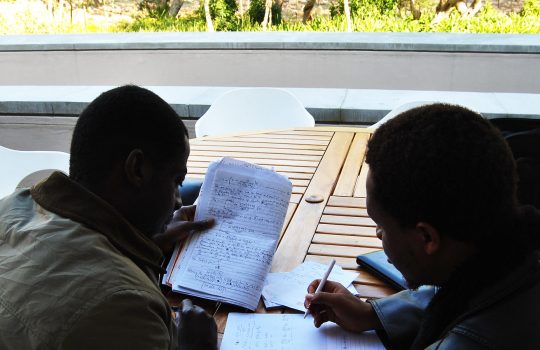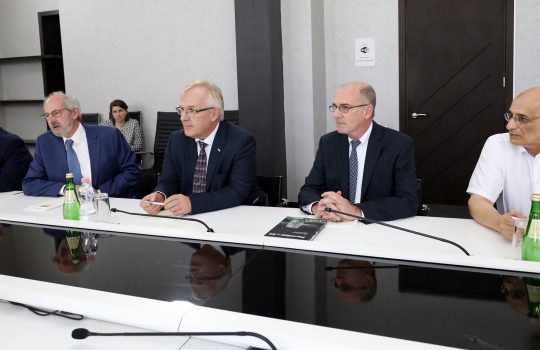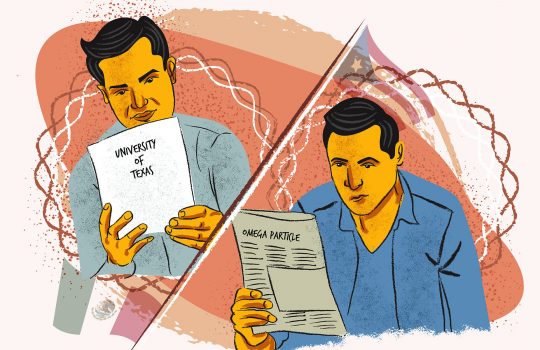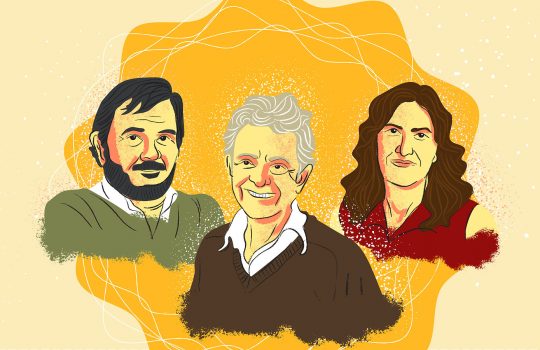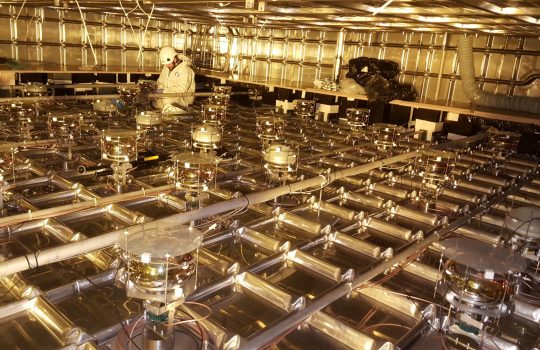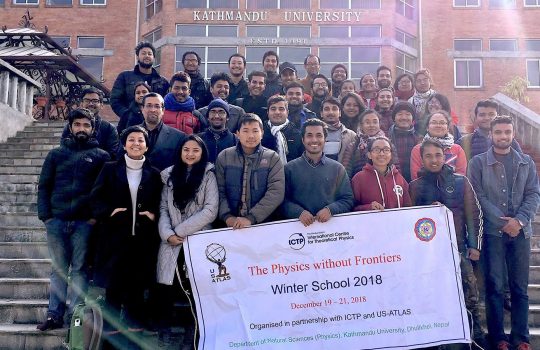Particle physics at accelerators in the United States and Asia
From Nature Physics, April 2020: Fermilab scientist Pushpa Bhat and her University of Melbourne scientist Geoffrey Taylor discuss particle physics experiments in the United States and Asia and how interest in the development of next-generation colliders has been rekindled.

